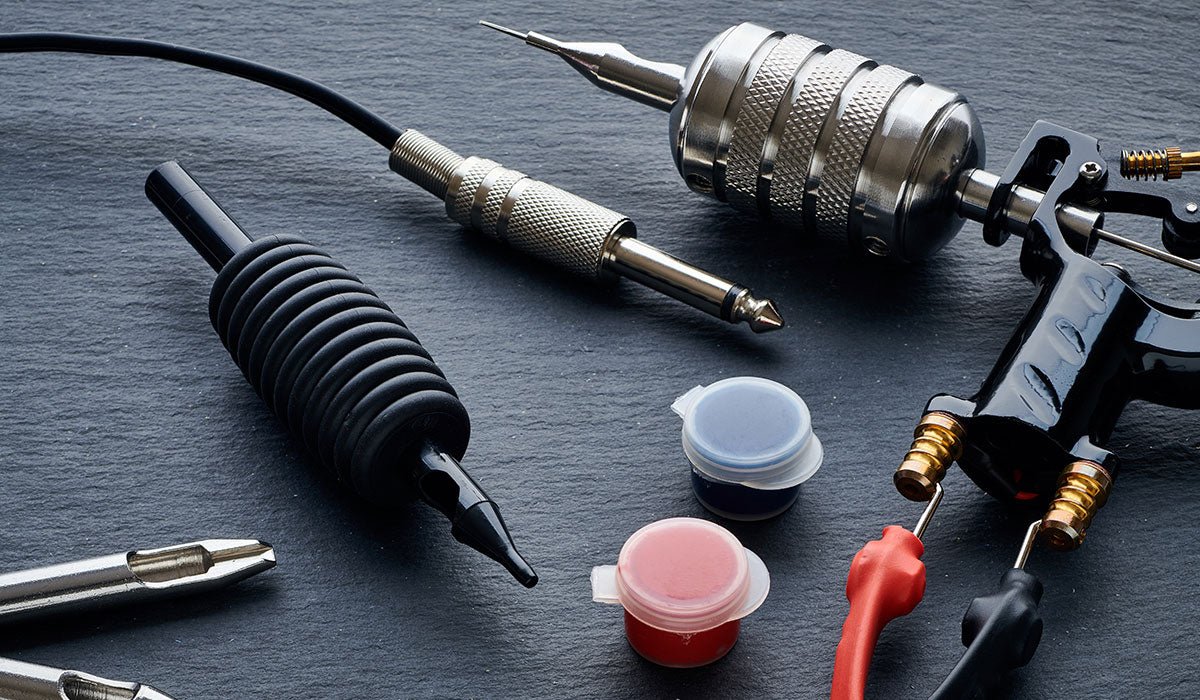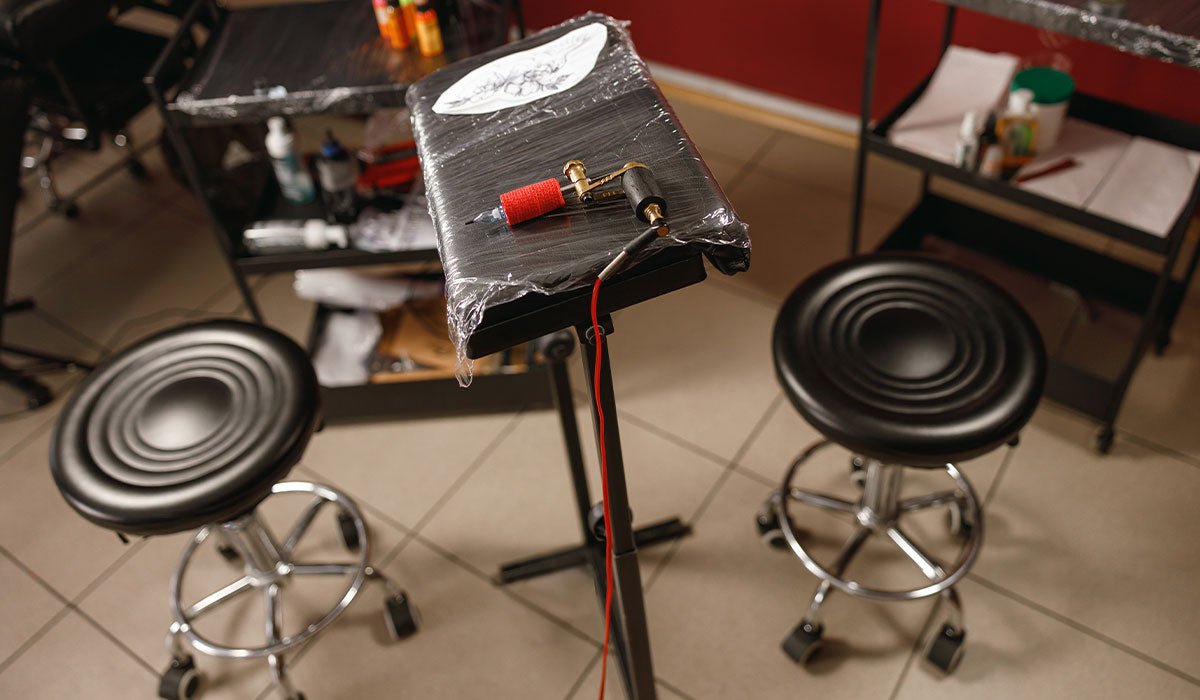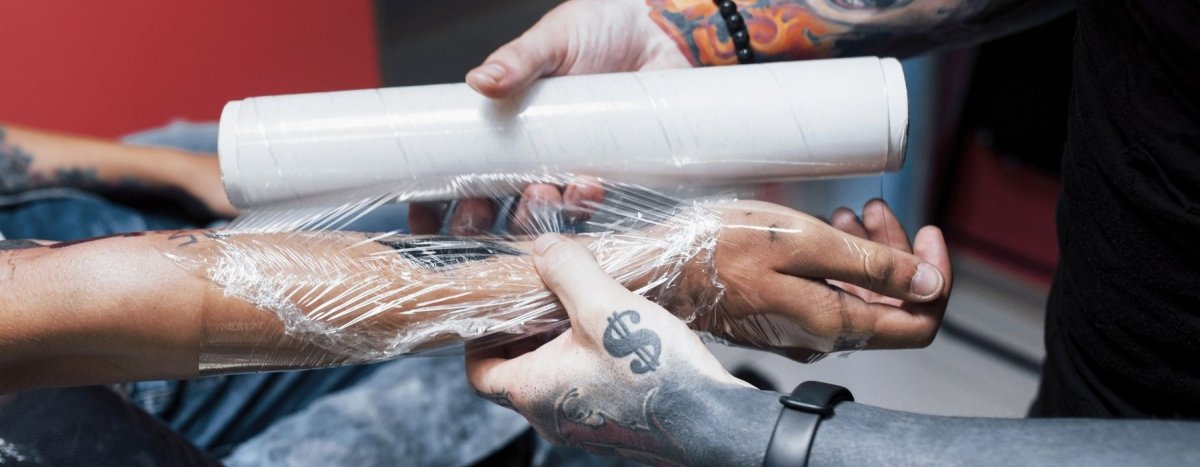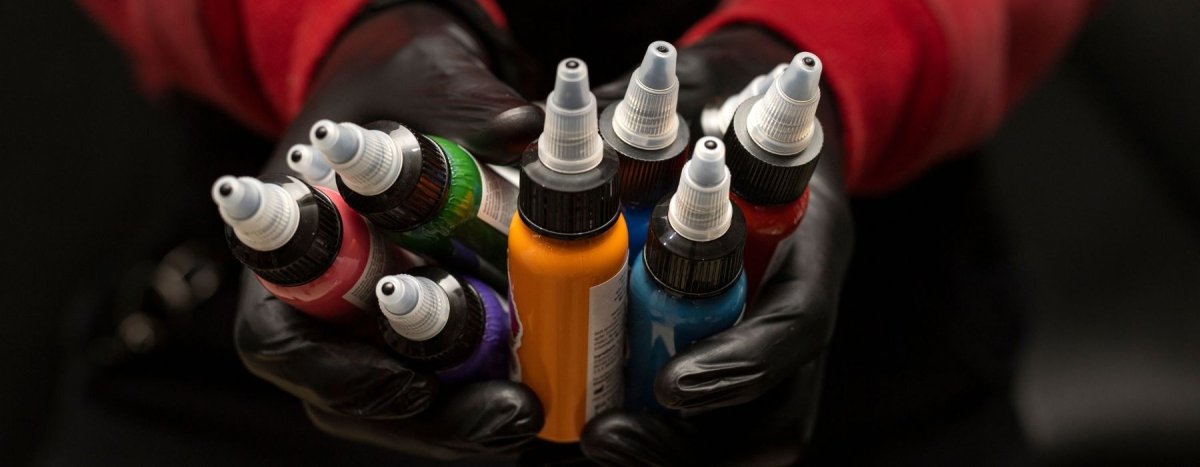Your cart is empty
Looks like you haven't added anything to your cart yet

Seasonal Tattoos: Choosing the Best Inks and Supplies for Summer and Winter
Introduction
Seasonal changes bring new trends and styles in the tattoo industry, but they also introduce unique challenges. The difference in weather conditions between summer and winter can affect both the tattooing process and the healing of tattoos. This blog explores the best inks and supplies for tattoos in summer and winter, ensuring both safety and longevity.
Understanding Seasonal Tattooing
- Summer Tattoos: Discuss the challenges of tattooing in summer, such as increased sweating, exposure to sunlight, and water activities.
- Winter Tattoos: Explain the considerations for winter tattoos, like dry skin and the impact of cold weather on healing.
Best Inks for Summer and Winter Tattoos
- Quality of Inks: Emphasize the importance of high-quality inks for both seasons, focusing on fade resistance for summer and smooth application for winter.
- Color Choices: Suggest which colors work best in each season based on how they react to sunlight and cold temperatures.
Essential Tattoo Supplies for Different Seasons
- Summer Supplies: Recommend supplies like sunscreen formulated for tattoos, moisture-wicking bandages, and aftercare products suitable for hot and humid conditions.
- Winter Supplies: Suggest supplies such as hydrating aftercare lotions, breathable coverings to protect against cold air, and gentle cleansing products.
Tips for Tattoo Artists
Spring
- Skin Sensitivity: People may have more sensitive skin due to seasonal allergies. Use gentle techniques and be mindful of reactions.
- Needle Choice: Use standard needles but ensure they are extra sharp, as skin can be more hydrated and plump from the moist spring air.
- Ink Application: Normal application is fine, but be aware of the potential for slightly more swelling.
- Aftercare: Recommend light, breathable clothing to protect the tattoo. Since spring weather can be variable, advise clients to avoid extreme sun exposure and heavy rain.
Summer
- Heat and Sweat: These factors can affect healing. Use techniques that minimize trauma to the skin.
- Needle Choice: Standard needles are fine, but ensure they are high quality to deal with potentially sweaty skin.
- Ink Application: Be mindful of potential perspiration during the session. Keep the area clean and dry.
- Aftercare: Emphasize the importance of sun protection and keeping the tattoo clean. Advise against swimming and prolonged sun exposure.
Autumn
- Cooler Weather: Skin may start to dry out. Be gentle to avoid excessive irritation.
- Needle Choice: Use standard needles but be gentle, as the skin can become more fragile.
- Ink Application: Normal application is appropriate. Watch out for dry skin which may require extra moisturization post-tattoo.
- Aftercare: Recommend keeping the tattoo moisturized and protected from the elements. Light layers of clothing can protect the tattoo from dry, cold air.
Winter
- Dry Skin: This is a common issue due to indoor heating. Extra care may be needed when tattooing dry, flaky skin.
- Needle Choice: Choose needles that can navigate dry skin without causing additional flakiness or irritation.
- Ink Application: Be mindful of the skin’s condition and apply ink accordingly. Extra moisturization may be needed during the healing process.
- Aftercare: Emphasize the importance of keeping the tattoo well moisturized. Advise clients to avoid exposing the healing tattoo to extreme cold.
Helpful Advice
- Staying Hydrated: It's important to keep your skin moisturized all year round. Stay Clean: Make sure to keep a clean and germ-free space.
- Teaching Clients: Inform your clients about how to take care of their skin after a session, especially considering the current season and their unique skin type.
- Flexibility: Be ready to tweak your methods based on your client’s skin needs and the seasonal environmental changes.
Seasonal Tattoo Care for Clients
- Provide advice for clients on how to care for their tattoos in different seasons, emphasizing protection from sun exposure in summer and moisturizing in winter.
Conclusion
Summer and winter present different challenges for tattoos. In summer, increased exposure to sun and water activities can cause fading and damage to tattoos. Winter, on the other hand, brings issues like dry skin and the impact of cold weather on healing. Selecting the appropriate inks and supplies for each season ensures that tattoos remain vibrant and heal correctly.
Featured Blogs
- Choosing a selection results in a full page refresh.
















